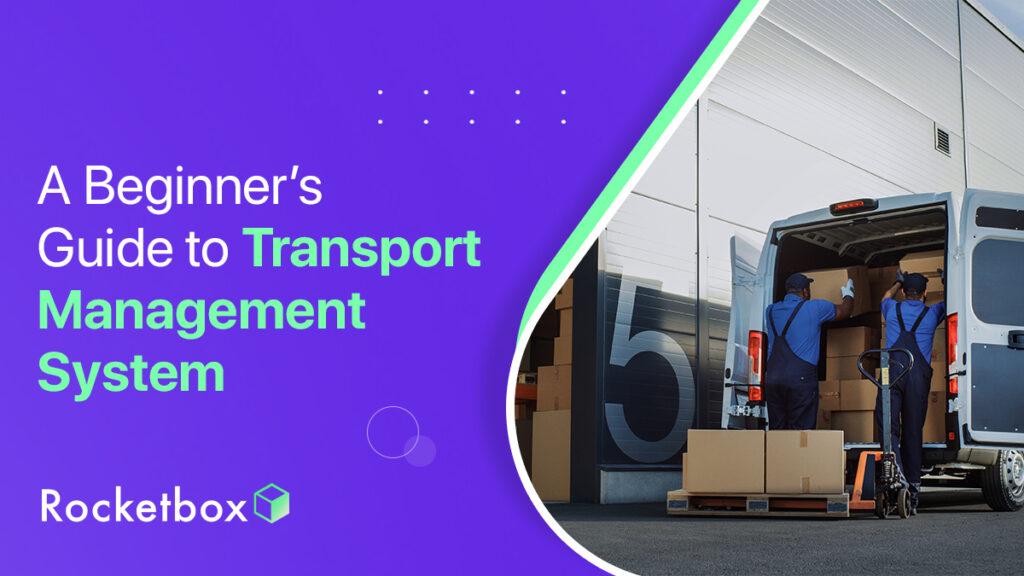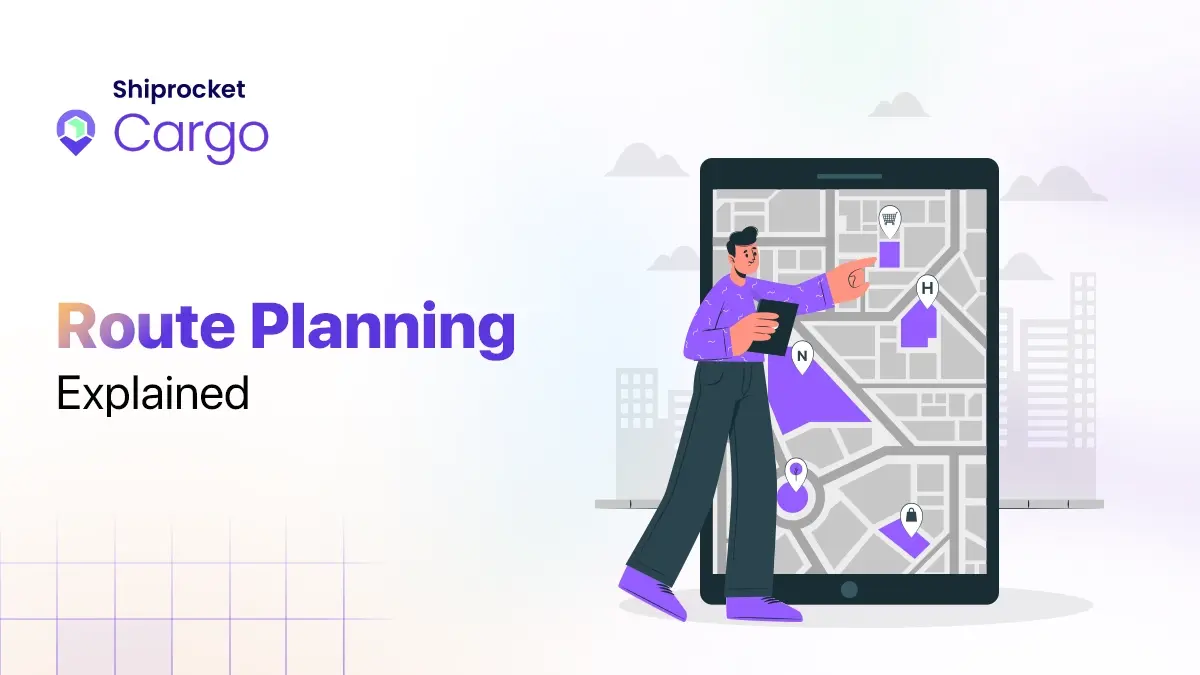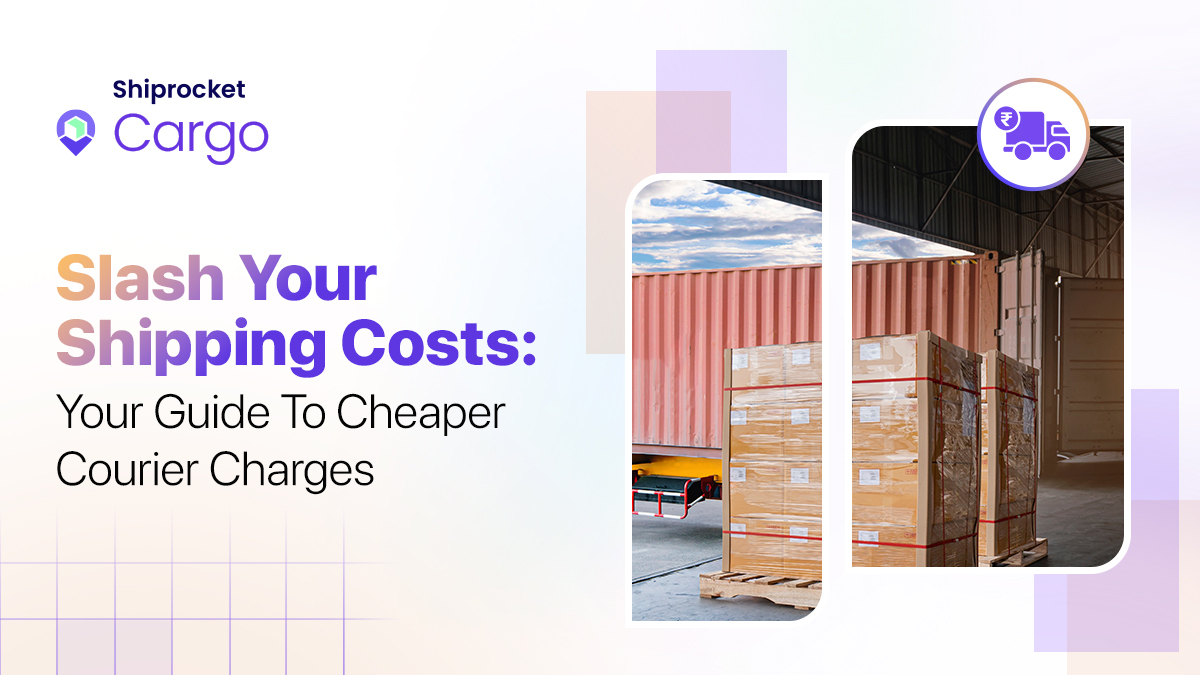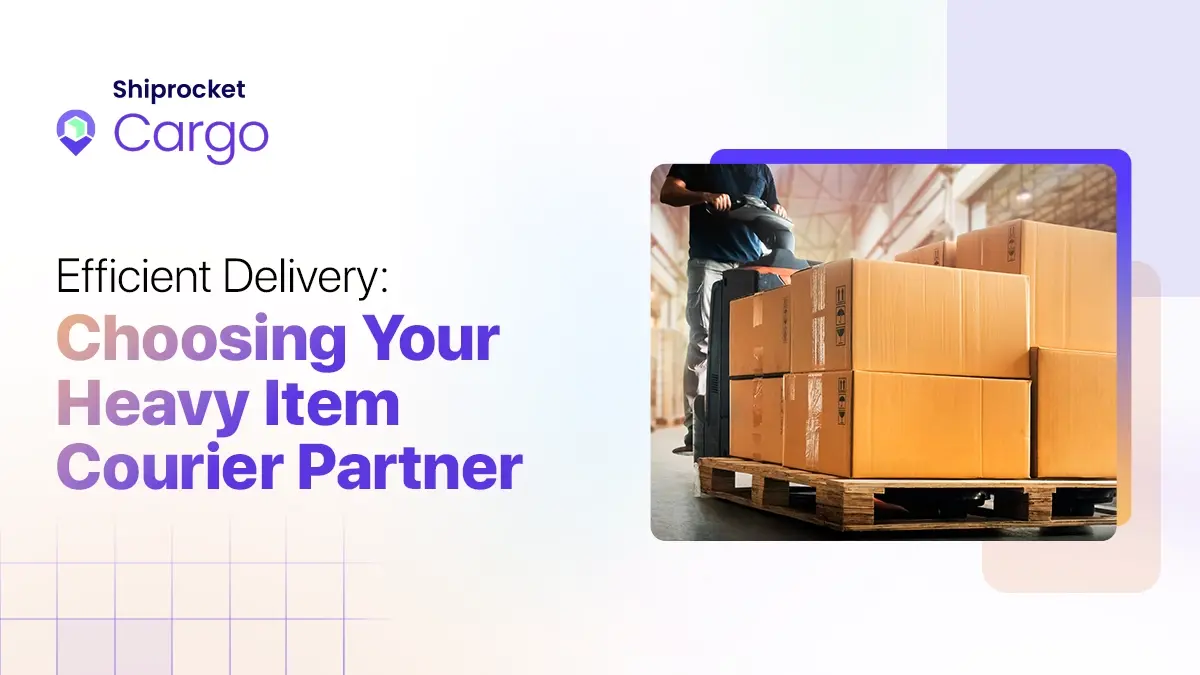A Beginner’s Guide to Transport Management System

In today’s ever-changing world, efficient transportation and logistics management plays a vital role in the success of businesses across various industries. The effective management and movement of goods and services from one location is a complex process that demands full control, monitoring and execution. Businesses consider TMS a great solution to meet the customers’ demands and tackle the challenges that come along with the process. This blog post will give you a brief outlook on transport management systems, their key features, and their associated benefits.
What Exactly is the Transport Management System?
Transport Management System (TMS) refers to the software solution that helps businesses streamline and boost their transportation and logistics operations. The software consists of various functionalities, including planning, executing and optimising the movement of goods and vehicles.
The specific software successfully automates and integrates major transportation tasks such as route planning, carrier selection, load optimisation, freight tracking, documentation, and performance analytics.
Key Features of Transport Management System
Below are some of the significant features of TMS:
1) Route Optimisation: TMS plays a crucial role in optimising transportation plans by considering various factors like distance, mode of transport, delivery windows and total vehicle capacity. By selecting empty miles and reducing travel time, businesses can minimise costs and maximise resource utilisation.
2) Reporting and Analytics: It is yet another primary function associated with TMS. TMS generates brief reports and analytics about carrier performance, transportation performance, relevant cost trends and several other vital parameters. Such valuable insights help in informed decision-making, process optimisation, and proactive monitoring.
3) Order Management: TMS enables businesses to streamline their orders throughout the transportation lifecycle. The software provides real-time updates on the order status, shipment tracking, delivery confirmation, etc. This results in enhanced customer experience and resolving conflicts in no time.
4) Carrier Management: TMS allows businesses to select and manage carriers by maintaining a carrier profile based on cost, transit time, complete performance history etc. Following this strategy helps maintain smooth relations with the carriers and informed decision-making.
5) Automated Shipment Audit and Transaction: Manual processing of freight invoices often consumes time and is prone to errors. TMS automates the auditing and payment, ensuring billing accuracy and eliminating discrepancies. It results in the reduction of administrative burden and streamlining of the payment process.
Benefits of Transport Management System

There are numerous benefits of a Transport Management System. Here are some of them:
- Increased Efficiency: TMS software automates manual tasks and streamlines transport workflows resulting in improved efficiency and reduced transportation costs. This helps businesses save ample time and utilise resources in the best possible manner.
- Customer Satisfaction: With real-time tracking, businesses can update customers on their shipments. TMS also enables businesses to manage exceptions proactively and resolve issues resulting in customer satisfaction and transparency.
- Reduced Freight Cost: TMS helps reduce freight costs through efficient route planning, improved load utilisation and appropriate carrier selection. It enables businesses to minimise empty miles, optimise resources and drive down fuel costs and overall transportation expenses.
- Better Warehouse Management: By utilising a Transport Management System, businesses can proactively forecast the number of load units required for specific regions. Furthermore, real-time monitoring of order lifecycles and status updates delivery through the TMS enhances warehouse management capabilities.
- Enhanced Collaboration: TMS software facilitates smooth collaboration among stakeholders, including shippers, carriers, suppliers, and customers. It enables seamless communication, data sharing, and coordination, leading to optimisation of supply chain management and improved decision-making.
- Compliance and Documentation: TMS enables businesses to comply with regulatory requirements through effective documentation management, such as customs forms, export documentation etc. It also ensures that all necessary paperwork is completed accurately and within time.
Conclusion
In the evolving eCommerce landscape, Transport Management System has emerged as a game changer in successful transportation management. Implementing a TMS empowers businesses with greater operational efficiency, reduced costs, and improved customer service to stay ahead of the competition.
By leveraging advanced algorithms, real-time data, and integration capabilities, a TMS enables businesses to streamline order management, choose the right carriers, optimise routes, track shipments, manage freight payments, and gain valuable insights through performance analytics. Not only will a Transport Management System(TMS) help businesses ace their competitive advantage, but it will also result in ensuring a great customer experience.
Frequently Answered Questions(FAQs)
What is Transport Management System(TMS)?
A Transport Management System is a software solution designed to streamline and manage the transportation operations of a business.
Can a TMS be integrated with other systems?
Yes, TMS can be integrated with other systems.
What are the benefits of utilising a TMS?
The benefits of implementing a TMS are improved efficiency, reduced freight cost, robust reporting and analytics, enhanced collaboration and customer satisfaction.



